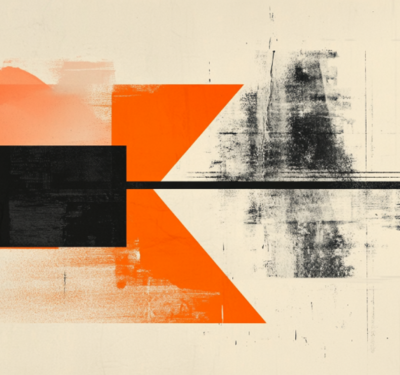The indie game scene has always been a hub for innovation, creativity, and risk-taking. Without the constraints of massive publishers or multi-million-dollar budgets, indie developers have the freedom to explore unique gameplay mechanics and tell unconventional stories. Now, thanks to blockchain technology and cryptocurrency, they’re gaining even more power to shape the future of gaming.
Decentralized Funding and Crowdfunding
Traditional funding routes for indie developers, like Kickstarter, Patreon, or angel investors, often come with limitations or delays. Blockchain is changing that. Through decentralized finance (DeFi), developers can now launch their own tokens or NFTs to raise funds directly from their communities. These digital assets often come with perks like early access, in-game items, or governance rights, creating a direct and loyal connection between creators and fans.
Smart contracts, which are self-executing pieces of code on the blockchain, ensure that agreements are transparent and automatically enforced. This helps remove the risk of mismanaged funds or broken promises, making the crowdfunding process more trustworthy for both developers and backers.
Ownership and Monetization Through NFTs
Non-fungible tokens (NFTs) offer indie developers a revolutionary new way to design in-game economies. Instead of centralized servers controlling digital assets, blockchain-based games allow players to truly own their characters, weapons, skins, and more. This opens up new avenues for monetization.
Developers can earn revenue through initial NFT sales, royalties on secondary market transactions, or exclusive content drops. More importantly, players are incentivized to invest time and money into the game, knowing they can trade or sell their assets at any time.
Community Governance and DAOs
Many blockchain projects operate under decentralized autonomous organizations (DAOs), where community members vote on decisions that affect the game’s future. For indie developers, this is a powerful way to maintain transparency and give players a say in the game’s direction.
While still an emerging concept, DAOs are beginning to influence game balancing, feature development, and even funding allocations. This level of community engagement is unprecedented in traditional game development and provides a competitive edge to indie studios willing to embrace it.
Integration with Crypto-Backed Platforms
The growing popularity of crypto-backed platforms is further empowering indie developers. Marketplaces and services built around cryptocurrency allow developers to reach global audiences without dealing with traditional banking systems. Gamers can use tokens to buy games, unlock premium content, or even bet on outcomes in competitive modes.
Platforms that combine gaming and cryptocurrency are also gaining traction in other industries. Sites like stake.us and bcgame.us offer a hybrid model where users can engage with casino-style games and blockchain-backed rewards. For indie developers looking to experiment, these platforms represent both inspiration and potential partnership opportunities.
Challenges and the Road Ahead
Despite the promise, blockchain integration isn’t without its hurdles. Scalability, regulatory uncertainty, and user education are significant barriers. Not all gamers are comfortable with crypto wallets or blockchain jargon, and indie developers must invest in making these systems accessible and user-friendly.
Still, the momentum is building. With the right approach, blockchain and cryptocurrency can offer indie developers the tools to fund, build, and scale games on their own terms, without losing creative control.
As the lines between gaming, finance, and community blur, indie devs are in a unique position to lead the charge. Blockchain isn’t just a buzzword, it’s a building block for the next generation of gaming innovation





